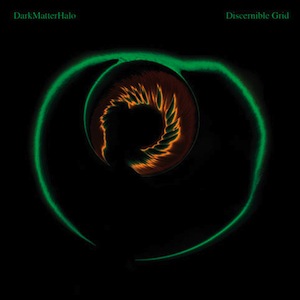Label: ESP Disk, 2019
Personnel - Matthew Shipp: piano; Michael Bisio: bass; Newman Taylor Baker: drums.
Pianist Matthew Shipp reunites with trio mates, bassist Michael Bisio and drummer Newman Taylor Baker, to bring his bewitching signature into a new album, the follow-up to the magnificent Piano Song (Thirsty Ear, 2017). This collection of inventive tunes, precisely called Signature, exhibits the title song as the opening sentence. It's a peaceful exploration of melodic lines crafted with intervallic curiosity in the middle register and liberally anchored by left-hand conductions. Bass and drums sneak in nicely and softly, tinging the scenario with an opalescent luster without ever overriding the pianist’s moves.
“Flying Saucer” starts off with some agitation in the lower register of the keyboard. As Shipp moves up to adjacent octaves, Bisio percolates a compulsive, entangling, rapid-fire sequence of notes that augments the song's textural density. Simultaneously, Baker varies the rhythm, opting for what better suits the moment. The zealous interplay perseveres with verbal fluidity until reaching a playful, hypnotically paced finale.
Ruminative classical cadences, harmonic ambiguity, and rhythmic tension distinguish “The Way”. Here, you can trace Shipp's deep notes systematically articulated with percussive spirit, and then enjoy a portion of playfulness in the course of a few sequences that push you into some runaway train heading to some darker place. This dazzling activity within indistinct structures is an archetype of the trio.
Revolving around an eloquent riff whose source could be the classical genre or a Broadway show, “Zo #2” distributes puzzling note choices over the warp and woof created by a sturdy bass-drums coalition. Playing with similar elements, “Speech of Form” is considerably more enigmatic, fenced in its own dreamy, modern classical universe. Different yet still fitting, “Stage Ten” adopts a conventional swinging drive in the foundation, supporting concentric explorations with prepared piano.
Alluding to Chick Corea, “This Matrix” runs over 16 minutes, spinning with rhythmic fulgor and glistening with creative patterns and boppish lines soaked in extravagance and chromaticism. It comes with a bass monologue and turns out charmingly lyrical in its last section.
Shipp remains faithful to freer forms of expression and Signature gives you another chance to dive into the magical complexity of his resourceful music.
Grade A-
Favorite Tracks:
05 - The Way ► 08 - Zo #2 ► 10 - The Matrix








































